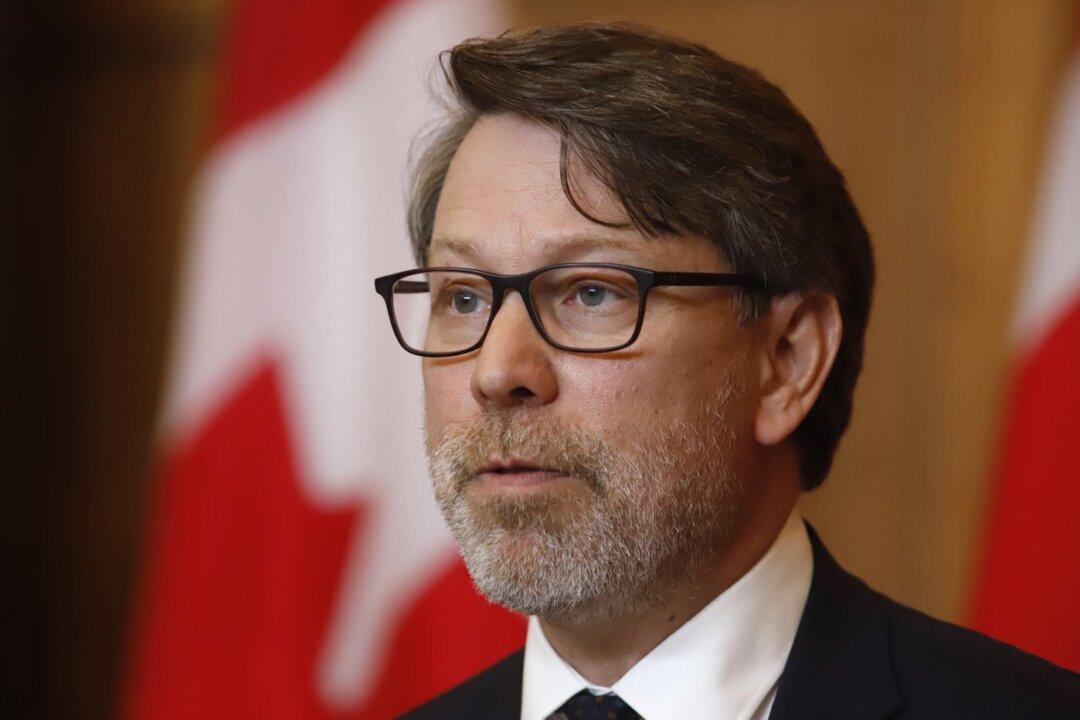Chief Electoral Officer Stéphane Perrault said he is opposed to an amendment to legislation that moves the date of the next federal election back by a week, as it would interfere with Nunavut’s territorial election.
Testifying before the House Affairs committee on Nov. 21, Perrault said the amendment of Bill C-65, An Act To Amend The Canada Elections Act, would pose challenges for the Nunavut election scheduled for Oct. 27, 2025. The provision in the bill would move the date of the next federal election from Oct. 20, 2025, to Oct. 27, 2025.





